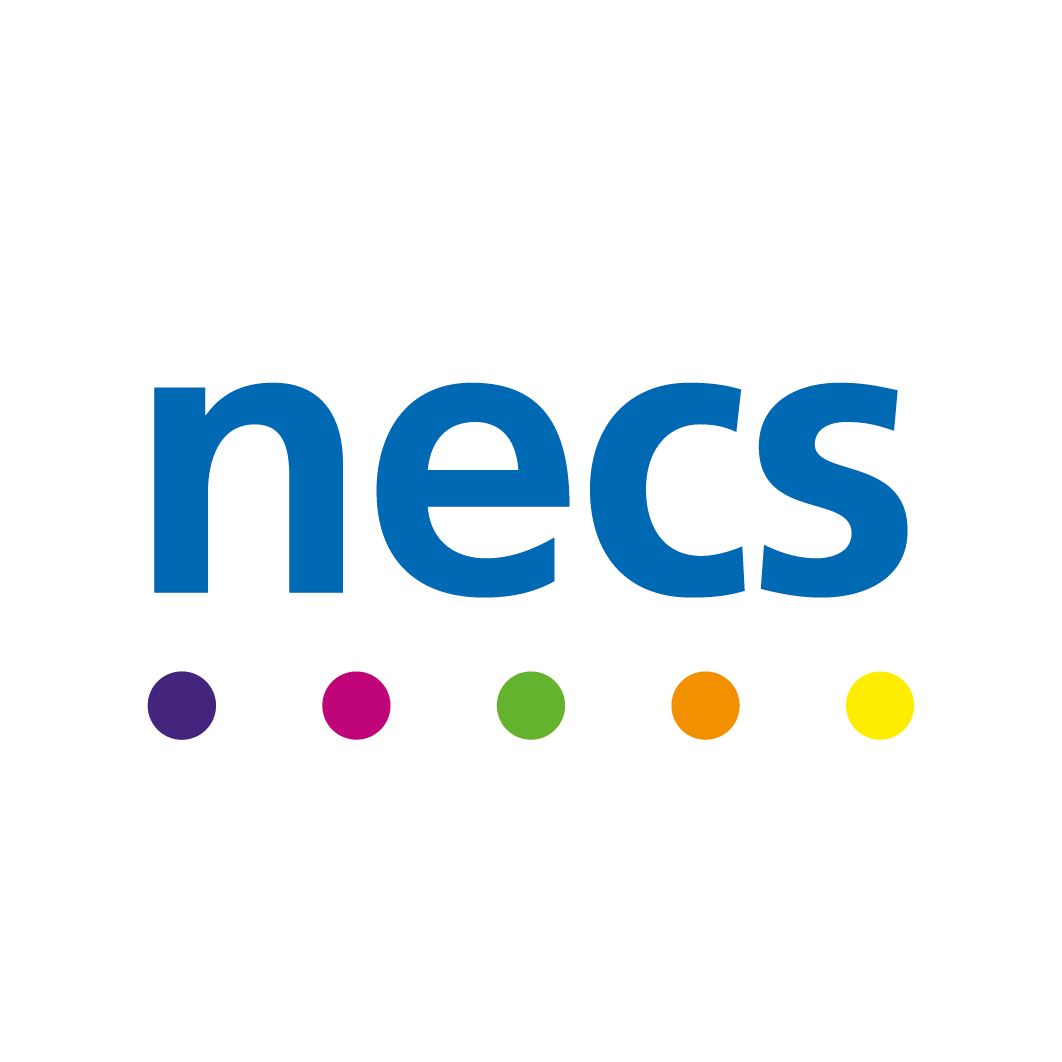The challenge
The North East and North Cumbria Integrated Care System – working predominantly with the 8 CCGs and 13 Local Authorities.
Following the publication of the North East System Transformation Plans (STP) in 2016, which identified prevention as a critical priority for system transformation, and in alignment with the recommendations of the Closing the Gap in the North East report, a mandate was established to create a region-wide Prevention Board and workstream for the North East and North Cumbria.
NECS was strategically positioned within the system to lead this initiative, collaborating closely with key stakeholders across the health and care sectors. Skills and expertise within the team also enabled a robust programme management approach whilst drawing on subject matter expertise.
Initial key objectives included:
- Establishment of Governance arrangements to support the workstream within the North East and North Cumbria ICS footprint.
- Engagement of strategic leadership and key stakeholders in the agenda to provide a cohesive and unified approach to prevention – developing a regional approach that supports local delivery.
- Development of strong partnerships with interdependent workstreams.
- To ensure a collective approach supports the delivery of the triple aim:
- Better outcomes with active sharing of best practice
- Better experiences for patients and staff
- Better use of resources by reducing duplication, aligning resources and standardising approaches.
- Facilitation of an approach to develop a suite of prevention priorities for the region.
Our response
- Leveraging established relationships across the region, we engaged key stakeholders to refine the concept and successfully established a regional board with cross-system representation.
- The programme was aligned with the NENC ICS governance framework to identify interdependencies and ensure robust delegation and decision-making processes.
- Key leads were identified for critical areas, including public health, finance and communications, to provide targeted expertise and oversight.
- A programme management approach was adopted through our PMO to support the initial development of a prioritisation framework and to ensure effective ongoing delivery of the programme.
- A comprehensive mapping exercise was undertaken to assess and understand existing commissioned programmes and initiatives across the region, directly informing the prioritisation process.
- Needs assessments were conducted to identify additional priority areas for the programme, ensuring alignment and complementarity with ongoing system-wide efforts.
- A data driven, PHM approach was adopted to provide ongoing insight and intelligence to the programme.
- National policy and guidance were continuously reviewed to ensure the priorities of the prevention board adhered to mandatory requirements and reflected best practices.
- System partners were regularly communicated with to maintain alignment, foster collaboration, and drive progress towards the shared agenda.

Outcomes
- Fully functional Regional Board: Establishment of a regional board with cross-system representation, fostering collaboration and shared accountability to improve population health outcomes.
- Data-driven decision-making: Implementation of robust, data-driven approaches to support programme prioritisation, ongoing development, and evidence-based interventions.
- Enhanced system partnerships: Strengthened cross-sector partnerships and increased engagement across the system, ensuring alignment and collective ownership of prevention goals.
- Transparent oversight mechanisms: Development of transparent processes, including unified oversight of prevention funding, to ensure accountability and optimal resource allocation.
- System support: Creation of processes to provide targeted prevention and population health management (PHM) advice and guidance to Integrated Care System (ICS) workstreams.
- Established feedback mechanisms: Development of formal feedback links to Health and Wellbeing Boards, Integrated Care Partnership (ICP) Boards, and other local governance structures, ensuring alignment and bidirectional communication.
The NENC ICS Prevention Board and Programme has evolved into the NENC ICB Healthier and Fairer Programme, maintaining its strength and resilience over seven years, underpinned by the solid foundations established at its inception. The ICB have continued to commission NECS to support this critical programme.

